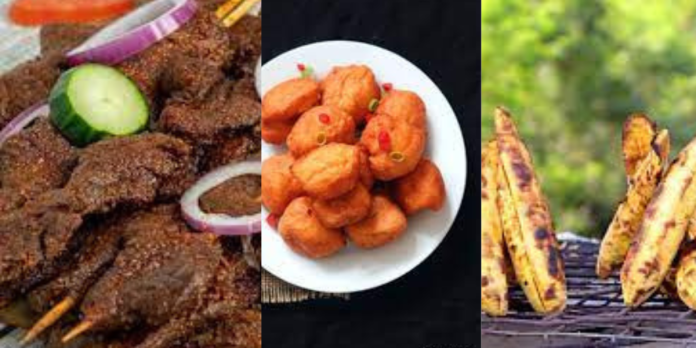Table of Contents
Nigerian Snacks : Nigerian cuisine, renowned for its vibrant flavors and diverse culinary traditions, offers a rich tapestry of dishes that reflect the country’s cultural heritage and regional diversity. Among these, Nigerian snacks stand out as a beloved category, cherished for their ability to provide quick, delicious bites that are perfect for any time of the day. The array of Nigerian snacks encompasses both sweet and savory options, each with its unique story, ingredients, and method of preparation. These snacks are not only enjoyed within Nigeria but have also gained popularity internationally, as Nigerian communities around the world continue to celebrate and share their culinary traditions. This introduction will delve into the world of Nigerian snacks, setting the stage for our exploration of the top 10 snacks that capture the essence of Nigerian street food and home cooking.
The diversity of Nigerian snacks is a testament to the country’s rich cultural mosaic. From the bustling streets of Lagos to the serene villages in the Niger Delta, the flavors and textures of these snacks vary widely, offering a culinary adventure for those willing to explore. At the heart of many Nigerian snacks are staple ingredients such as yams, plantains, beans, and groundnuts, which are transformed through traditional cooking techniques into irresistible treats. For instance, the crispy and spicy chin chin, a popular snack made from fried dough, exemplifies the Nigerian knack for creating simple yet addictive bites. Similarly, the hearty puff-puff, deep-fried balls of dough that are both light and satisfying, showcase the creativity and resourcefulness inherent in Nigerian cooking.
Another significant aspect of Nigerian snacks is their cultural significance and the role they play in daily life. Many of these snacks are tied to specific occasions and traditions, such as festivals, celebrations, and communal gatherings. For example, suya, a spicy meat skewer that is often enjoyed as street food, is more than just a snack; it is a social experience, bringing people together to savor the smoky, spicy flavors. Likewise, akara, fried bean cakes, are commonly eaten as breakfast or a light meal, symbolizing nourishment and comfort. These snacks not only provide sustenance but also serve as a means of connecting people, reinforcing social bonds and cultural identity.
In contemporary times, Nigerian snacks have evolved to reflect changing tastes and dietary preferences. Health-conscious variations have emerged, incorporating whole grains, reducing oil content, and using natural sweeteners. Despite these modern adaptations, the essence of traditional Nigerian snacks remains intact, preserving the flavors and techniques passed down through generations. This adaptability ensures that Nigerian snacks continue to be relevant and enjoyed by new audiences, both within Nigeria and beyond.
As we embark on this journey to discover the top 10 Nigerian snacks, we will explore the unique characteristics and cultural contexts of each snack. From the crunchy and flavorful plantain chips to the sweet and chewy coconut candy, each snack tells a story of ingenuity, tradition, and culinary excellence. By understanding the ingredients, preparation methods, and cultural significance of these snacks, we gain a deeper appreciation for the rich tapestry of Nigerian cuisine. Whether you are a seasoned aficionado of Nigerian food or a curious newcomer, this exploration promises to delight your taste buds and expand your culinary horizons
Puff-Puff Snacks:
A cherished street delight, puff-puff entails deep-fried dough, often taking on a spherical form. Its delightful sweetness, airy texture, and slightly crispy exterior render it a festive favorite at gatherings and celebrations.
Chinchinga:
Recognized by various names across Nigeria, chinchinga represents skewered, grilled, or barbecued meat. Be it suya in the north or asun in the southwest, these spiced, flavorful meat skewers stand out as a popular snack.
Boli:
Originating from Yoruba culture, boli features grilled plantains, typically accompanied by groundnut (peanut) butter or a zesty pepper sauce. The harmonious blend of sweet and savory makes it a much-adored treat.
Akara:
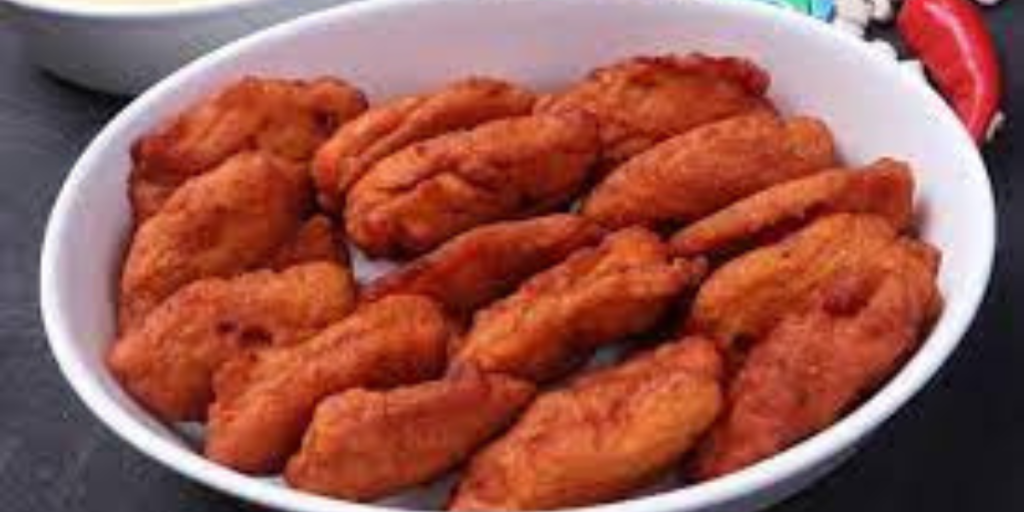
Akara, golden-brown deep-fried bean cakes crafted from black-eyed peas or cowpeas, present a delightful juxtaposition of crispiness on the outside and tenderness within. Seasoned with spices and sometimes onions, they are a savory sensation.
Chin-Chin:
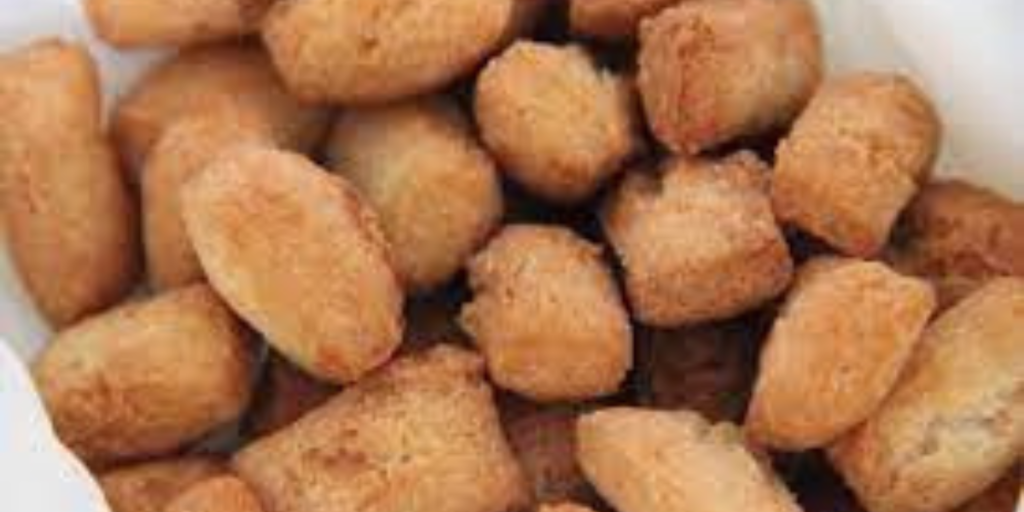
A delectable, crunchy pastry, chin-chin emerges from a dough mix of flour, sugar, and milk. With varied shapes and sizes, this sweet snack is often relished during festive seasons.
Guguru and Epa:
This timeless Nigerian street snack couples roasted or boiled maize (guguru) with peanuts (epa). Simplicity meets satisfaction in this pairing, offering a medley of textures and flavors.
Moimoi:
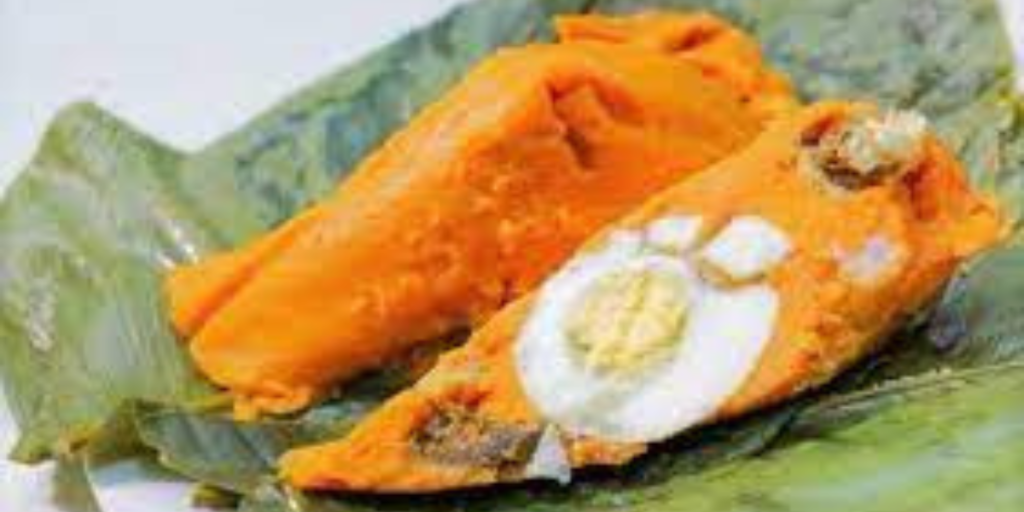
Moimoi, a steamed bean pudding concocted from ground peeled beans, onions, peppers, and spices, can stand alone as a hearty snack or complement a main course. Its versatility shines, with optional additions like fish or eggs.
Coconut Candy:
Crafted from grated coconut, sugar, and water, coconut candy manifests as sweet bites, delivering an explosion of coconut goodness and a gratifying chewiness.
Dundun:
Fried yams, known as dundun, represent a favored snack derived from sliced yams that are deep-fried to perfection. Often served with a side of pepper sauce, this snack promises a delightful crunch and spice.
Kokoro:
A savory delight with a satisfying crunch, kokoro arises from a blend of maize flour, sugar, and water. The dough takes on shapes like sticks or discs, undergoing deep-frying until achieving a delectable golden-brown hue.
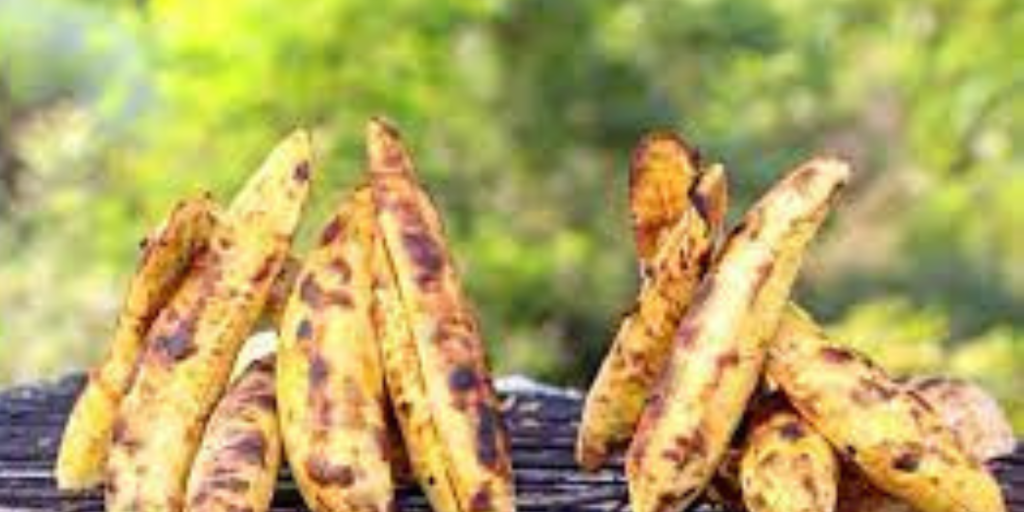
These unique renditions of Nigeria’s top 10 local snacks showcase the country’s culinary diversity. From the lively streets to the home kitchen, these snacks contribute to the rich mosaic of flavors that define the dynamic and vibrant nature of Nigerian cuisine.
In conclusion, the exploration of the top 10 Nigerian snacks has revealed not only the delicious diversity of Nigeria’s culinary heritage but also the cultural significance and deep-rooted traditions behind each bite. These snacks, from the ubiquitous chin chin and puff-puff to the savory suya and akara, reflect a rich tapestry of flavors, ingredients, and cooking techniques that have been honed over generations. They tell stories of community and celebration, of resourcefulness and innovation, and of a vibrant culture that takes pride in its food. Each snack, whether it’s the crunchy plantain chips or the sweet coconut candy, offers a unique taste experience that captures the essence of Nigerian cuisine. As we savor these snacks, we are reminded of the communal spirit that pervades Nigerian culture, where food is not just sustenance but a means of bringing people together, fostering connections, and celebrating life’s simple pleasures.
As we reflect on the journey through Nigeria’s top snacks, it becomes evident that these culinary delights are more than just treats to be enjoyed. They are a bridge to the past, preserving the traditional methods and ingredients that have been passed down through generations. They are also a testament to the adaptability and creativity of Nigerian cooks, who continue to innovate and reinvent these snacks to cater to modern tastes and dietary preferences. In 2023 and beyond, as Nigerian snacks gain international recognition, they serve as ambassadors of Nigeria’s rich cultural heritage, inviting people from all corners of the world to experience and appreciate the flavors and traditions of this dynamic country. The enduring popularity of these snacks highlights their universal appeal and the joy they bring to those who taste them. As we move forward, let us continue to celebrate and share these beloved snacks, honoring their origins while embracing new ways to enjoy them.
















